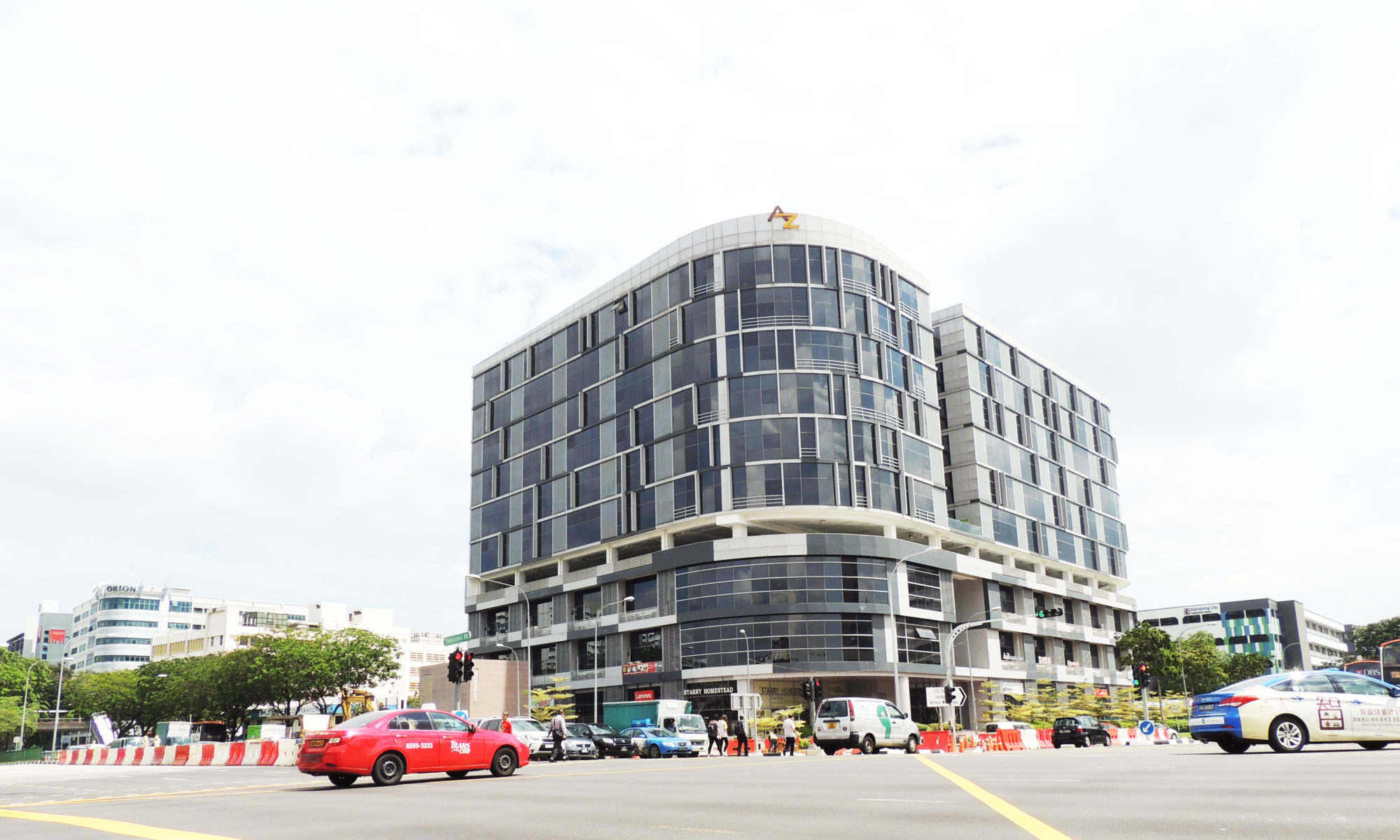There are 4 types of tax structure in Singapore which are:
- Personal Tax
- Property Tax
- Corporate Tax, and
- Goods and Service Tax (GST)
This article will share more details regarding Personal Tax, also known as Individual Tax.
Personal Income Tax for Residents
Singapore offers one of the lowest personal income tax rates in the world. Singapore tax residents are taxed at a progressive rate of 0% to 22% whereas non-tax residents are taxed at a rate between 15% to 22%. There are no capital gain or inheritance tax and all of the tax rules differ based on the tax residency of the individual. Thus, one is considered as a tax resident if it has the following criteria:
-
- A Singaporean
- A Singapore Permanent Resident
- A foreigner that has worked or stayed in Singapore for 183 days or more
Chargeable Income Rate (%) Gross Tax Payable ($)
First S$20,000
Next S$10,0000
20
200First S$30,000
Next S$10,000-
3.50200
350First S$40,000
Next S$40,000-
7550
2,800First S$80,000
Next S$40,000-
11.53,350
4,600First S$120,000
Next S$40,000-
157,950
6,000First S$160,000
Next S$40,000-
1813,950
7,200First S$200,000
Next S$40,000-
1921,150
7,600First S$240,000
Next S$40,000-
19.528,750
7,800First S$280,000
Next S$40,000-
2036,550
8,000First S$320,000
In excess of S$320,000-
2244,550
Personal Income Tax for Non-Residents
Personal Income Tax for Non-Residents
However, for a non-resident, who is a foreigner that stayed or worked in Singapore for less than 182 days, their Personal Tax Rates are according as such:
-
- 0 – 60 days: Your employment income is tax exempt if you are staying in Singapore for 60 days or less in a year. However, this does not apply to you if you are a director of a company, a public entertainer or exercising a profession in Singapore.
- 61 – 182 days: You will be taxed on all income earned in Singapore if you are staying in Singapore for 61 to 182 days in a year. However, you are not permitted to claim personal reliefs. Your employment income earned in Singapore is taxed at the rate of 15% or the progressive resident tax rate, whichever gives rise to a higher tax amount.
- Director fees, consultant fees and all other incomes are taxed at 20%.
- 0 – 60 days: Your employment income is tax exempt if you are staying in Singapore for 60 days or less in a year. However, this does not apply to you if you are a director of a company, a public entertainer or exercising a profession in Singapore.
Filing Taxes
Every eligible taxpayer must file its taxes every year with Inland Revenue Authority of Singapore (IRAS) and they must do so by the following dates:
-
- e-Filing: 18 Apr 2020 (Extended to 31 May 2020)
- Paper Filing: 15 Apr 2020 (Extended to 31 May 2020)
- e-Filing: 18 Apr 2020 (Extended to 31 May 2020)
However, individuals who make less than S$22,000 are not required to pay taxes in Singapore, but they may still need to file returns if they have been informed by the tax authority to submit their tax form.
Filing of tax returns can either be by mail or online.
There are certain forms that IRAS has prepared for certain individuals and it will all be available from 1st March every year.
-
- Form B1: Employed individuals
- Form B: Self-employed individuals
- Form M: Non-resident individuals
After filing the taxes, a tax bill called ‘Notice of Assessment (NOA)’ will be issued from the Singapore Government from May till September. The tax bill will indicate the amount of tax needed to be paid within 30 days.
However, if the individual were to disagree with the amount, he/she has to file an Objection of Assessment to rectify the bill within 30 days as well.
Moreover, do note that he/she still has to pay the amount asked from the government even if he/she files for an objection. If the tax remains unpaid after 30 days, penalties will be incurred.
Things to note:
Profits of a Sole Proprietorship are taxed at individual tax rates. The income tax which must be paid by sole proprietorship that are Singapore tax residents is applied at a rate ranging from 2% to 22%, depending on the earnings.
Tax Reliefs and rebates are admissible if you’re a Singapore tax resident and if you meet the qualifying conditions. Some of the few general reliefs available to all taxpayers are,
-
- Course Fees Relief
- Earned Income Relief
- Life Insurance Relief
- NSman (Self) Relief
- Course Fees Relief
There are more reliefs available so do contact us for more information.
Auto-Inclusion Scheme (AIS) for Employment Income
The Auto Inclusion Scheme (AIS) is a tax scheme geared towards Singapore employers and administered by the Internal Revenue Authority of Singapore (IRAS). It allows employers to submit the income tax information of their employees electronically.
Requirement:
AIS is compulsory for employers with 5 or more employees including
- Full-time resident employees
- Part-time resident employees
- Non-resident employees including those who are based overseas and are required to render service in Singapore during the year (exclude details of employment income where clearance has been filed)
- Company directors (including non-resident directors)
- Board members receiving Board/Committee Member Fees
- Pensioners; and
- Employees who have left the organization but were in receipt of income in reporting year (e.g. stock option gains), or
Benefits: The submitted income information will be auto-included in employees tax returns for their verification and tax filing. No longer require to provide hardcopy Form IR8A and appendices to IRAS every year.
